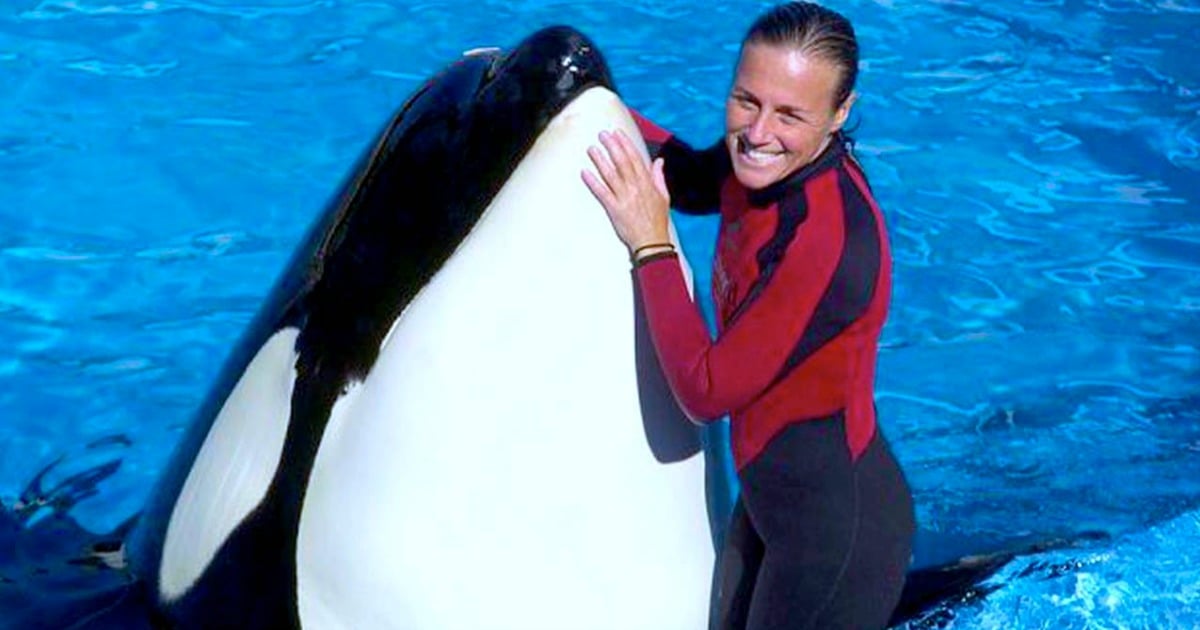Dear Tilikum,
In the Pacific, your name means “friends, relations, or tribe.” For a bull orca, an intrinsically social species whose identity is thought to be spread across a group, it’s a profoundly fitting name.
But your life, which ended on January 6, was one of loneliness.
When it was announced that you, a notorious whale who came to public attention in the 2013 documentary Blackfish, had passed away, I didn’t know how to feel.
On one hand, I knew you were finally free after three decades in captivity. Your life inside a relative bathtub, taken from your ocean family and filled with stress and pain, was over.
— SeaWorld (@SeaWorld) January 6, 2017



Top Comments
No human was trying to help Tilikum. Every human contributed and allowed the captivity of Tilikum to happen.
Tilikum was forced to sacrifice his life for human pleasure!
Well said